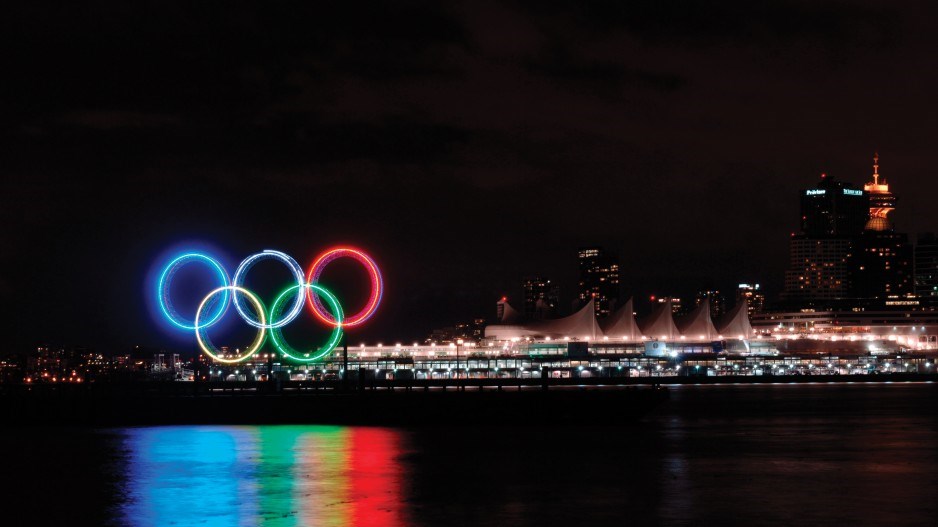The B.C. government’s decision to not financially support the 2030 Winter Olympics speaks to how far the whole Olympics “thing” may be evolving into a sunset industry.
Few cities and countries are even interested in hosting the Games, whether they are of the summer variety or the winter kind.
The B.C. decision leaves just Sapporo, Japan, and Salt Lake City in the bidding for the 2030 Olympics, although Salt Lake City says it would prefer to host the 2034 Games.
And Sapporo’s bid may be in danger as the fallout continues from allegations of corruption tied to the Tokyo Summer Olympics.
So many cities dropped out of bidding that just two cities – Los Angeles and Paris – were left standing to host the 2024 and 2028 Summer Olympics.
By contrast, there was genuine excitement in the run-up to the 2010 Winter Olympics as eight cities submitted bids. The Vancouver bid, first submitted by the BC NDP government under Premier Glen Clark in the 1990s, won out and the stage was set for a successful but expensive party.
One budget line item gave the current B.C. government pause for particular concern. That would be the security costs, which went from a budgeted $175 million in 2010 to nearly $1 billion when all the bills were paid.
Security costs for the 2030 Olympics bid were also hovering around $1 billion, but there were fears within government that the cost could grow and grow, as it is hard to argue against making things safer no matter how much money it costs.
B.C.’s share of the total costs associated with the 2030 bid would come close to $3 billion by 2030, according to a government document.
There seemed to be little buzz associated with the 2030 bid. It was unique because it was being led by four First Nations, but it received scant media coverage and was mentioned maybe once or twice in the B.C. legislature by a member from any party.
When the bid was first announced, the reaction of the B.C. government and Premier John Horgan was tepid at best. So when the axe fell, it was not surprising in the least (in fact, the reaction of some reporters and politicians was along the lines of, “Oh yeah, that Olympic bid no one is talking about.”)
The First Nations involved are understandably disappointed by the government’s decision and regard it as a major setback for reconciliation efforts.
Perhaps it is, but I also have to wonder whether spending huge amounts of money in impoverished First Nations communities to deal with such real-life issues as safe drinking water and a guaranteed energy supply may be money better spent.
In any event, the government has clearly concluded the expenditure of a massive amount of money in such a fashion doesn’t make it on its list of priorities. It is also worth noting that the incoming premier, David Eby, was an ardent opponent of the 2010 Olympics while he was a crusading civil liberties lawyer.
Clearly, the Olympic movement is waning. The 2022 Beijing Olympics attracted the lowest-ever television ratings in the U.S., fewer and fewer cities are bidding to host them and they are increasingly tied to corruption and ballooning debt.
Sounds like B.C. got out just in time.
Keith Baldrey is chief political reporter for Global B.C.



.jpg;w=120;h=80;mode=crop)
